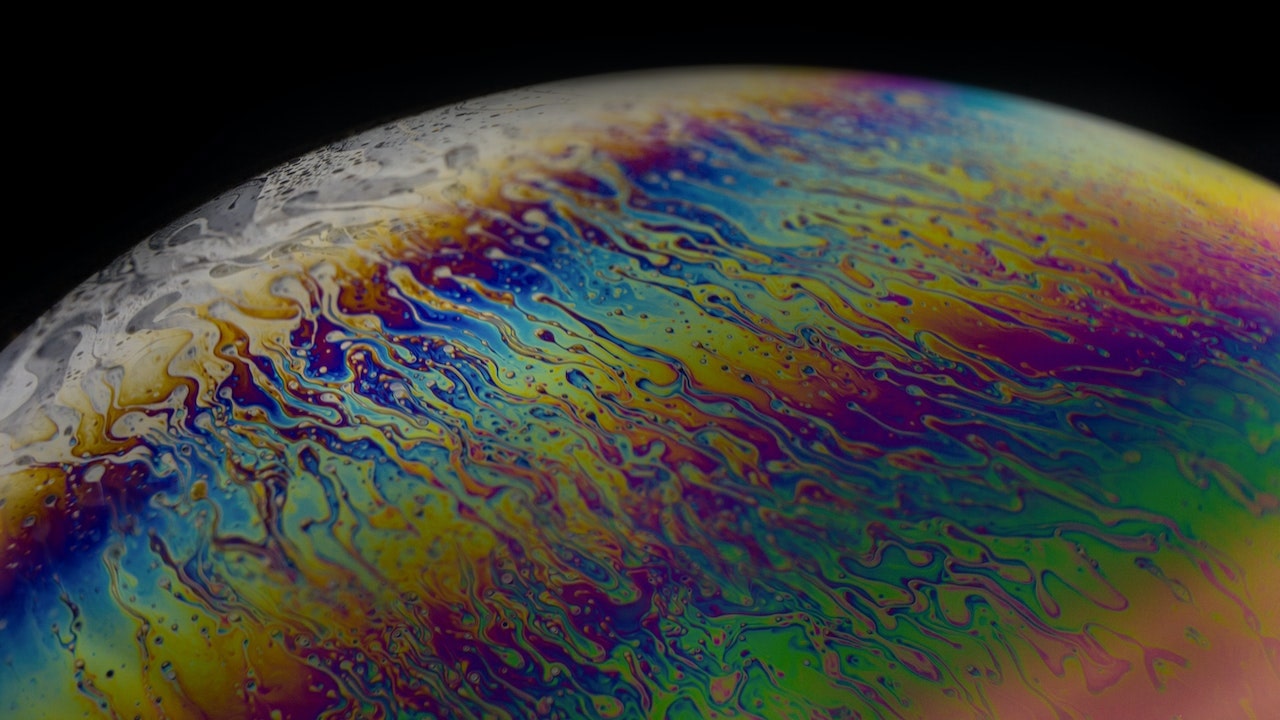The prevention of contamination in hydraulic oil is a critical measure for the proper functioning and maximal longevity of machinery. A contaminated hydraulic system can suffer from decreased performance, increased wear of internal components, excessive heat build-up and premature failure. High-pressure contamination can also block filters with the impaired flow and reduce safety margins over time.

What Causes Hydraulic Oil To Become Contaminated?
Hydraulic oils can become contaminated in several ways, with contamination generally falling into two categories: particulate related and fluid-related.
1. Particulate contamination ‘particulates’ are soluble particles that come from airborne dust, grease, dirt or wear, and that are small enough to enter the hydraulic oil reservoir and interact with the machine components, leading to deposits and eventual mechanical problems from increased friction and heat.
2. Fluid contamination arises when an incompatible fluid enters the hydraulic system, such as water which has found a path through seals or other openings within the system.
Contaminants enter the system through leaks in hoses and seals, poor filtration and maintenance practices, incorrect lubricants or petroleum grades being used, rapid seal breakdown due to hydraulic hammering, inappropriate storage conditions, and abnormal operating temperatures.
Both forms of contamination can be accelerated by environmental factors like temperature, pressure changes, and vibration within the system itself. This can cause components to fail and require repairs if it reaches sensitive points in the hydraulic system.
Strategies For Avoiding Hydraulic Oil Contamination
Professional validation of hydraulic components before installation, sustaining a sterile maintenance environment, as well as adequate filtration change intervals and maintenance practices such as topping-off tanks and filters, are important steps to avoid these problems arising.
- It is important to ensure that filters are regularly inspected, cleaned, and replaced to avoid the accumulation of contaminants to critical levels.
- Draining and cleaning your hydraulic tanks can help to remove heavy particulate contamination.
- To prevent water from entering the oil, regular inspections for potential leak sources should be conducted, along with any necessary pressure safety checks.
- Regularly inspect the oil for signs of contamination, such as discolouration, unusual odours, or any changes in viscosity.
- Hydraulic systems should be isolated from extreme external temperatures or exposure to galvanic corrosion.
Selecting a higher-grade oil can help also reduce the risk of deterioration over time due to mechanical friction and chemical reactions.
Precautions When Handling Hydraulic Oil
To further protect your hydraulic oil from becoming polluted with contaminants, precautions should be taken when handling and transferring the fluid. For example, materials and containers used for storing or transferring hydraulic fluid should be kept clinically clean and free from foreign materials that might degrade the quality of the oil.
Find Out More
Following these technical guidelines can help keep your hydraulic oil clean and free of harmful contaminants. To find out more, please call one of our experienced technicians today on 01353 721704.


